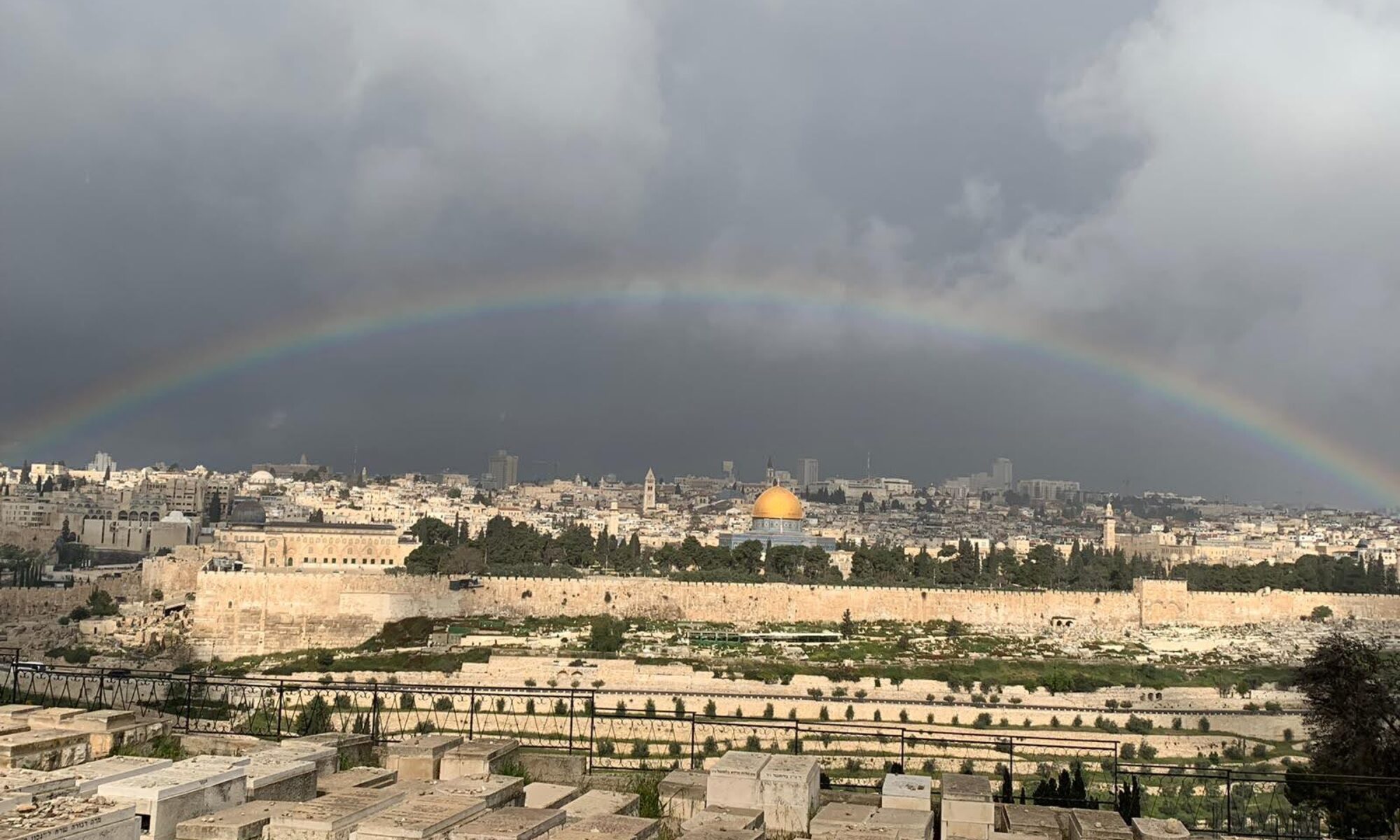We are at an interesting point in history. Since 70 CE, there’s been no Temple standing in Jerusalem and the Jewish people have been unable to pursue its rebuilding. Within the last generation, however, we have been able to see the preparations being made to rebuild the Temple. Laboring to rebuild the Temple is all in response to God’s next positive commandment.
P20 – To build [God’s] chosen house, [the Temple,] as Exodus 25:8 states: “And you shall make a sanctuary for Me.”[1]
There are a couple of organizations such as the Temple Institute who have already spent millions of dollars in the preparations for the next Temple. When Israel exerts full sovereignty over the Temple Mount, I have no doubt that construction will begin almost immediately. There are many preparations still to be made in that project before worship can commence according to God’s instructions, but historically speaking we’re on the front row of something previous generations were never allowed to see.
Finding this command in the New Testament is not quite so literal, however. It is nonetheless easy to find. This is one place where it’s easy to see the literal meaning and the more spiritual meaning of the text existing together. Both literal and not-so-literal understandings are absolutely applicable to the faith – simultaneously and equally.
The Jewish people are called to build the Temple, and they are obediently working toward that goal. The Body of Messiah is also referred to as the Temple and we are equally called to build that Temple through the instruction of our Master Yeshua. Neither is “less than” the other as both are clearly Biblical expectations of God’s instructions. As I often say in conversations, it is a “both/and” understanding rather than an “either/or” understanding.
Jewish commentators grasp the “both/and” idea very well. While contemplating this particular commandment one commentator wrote the following on the layered meanings of Torah:
It is well-known and famous among us – the people that accepted the commandments – that there are seventy faces to the Torah. And in each one of them, there are many great and numerous roots, and to each and every root, [is there] branches – each one supports a great cluster of fruits that are pleasant for hearts to ponder.[2]
If you’ve been reading along with me as I search for each of these commandments, it should be clear that the Apostles were never working to replace, update, or void any of the commandments. Instead, throughout their writings, they were expounding on the commandments of God demonstrating a broader meaning to make them directly applicable to the disciples of Jesus. Perhaps you personally aren’t literally building the Temple of God, but you are called to build up the Body of Messiah. Just as Jesus extended the commandments to encompass more than a literal understanding in places such as Matthew 5, the Apostles did the same throughout their writings.
This command is extended to you personally by Paul through the use of spiritual metaphors and examples of how we as the Body of Messiah function as the Temple.
1 Corinthians 3:16 (NKJV)
16 Do you not know that you are the temple of God and that the Spirit of God dwells in you?
Peter continues the comparison and describes us in this way:
1 Peter 2:5 (NKJV)
5 you also, as living stones, are being built up a spiritual house, a holy priesthood, to offer up spiritual sacrifices acceptable to God through Jesus Christ.
With the above quotations in mind, I can clearly see the command of P20 within the great commission as our Master calls us to go out and build the house of God.
Matthew 28:19 (NKJV)
19 Go therefore and make disciples of all the nations, baptizing them in the name of the Father and of the Son and of the Holy Spirit
So just as our Master said, go and make living stones from all the nations and build a house for God.
Ephesians 2:19–22 (TLV)
19 So then you are no longer strangers and foreigners, but you are fellow citizens with God’s people and members of God’s household. 20 You have been built on the foundation made up of the emissaries and prophets, with Messiah Yeshua Himself being the cornerstone. 21 In Him the whole building, being fitted together, is growing into a holy temple for the Lord. 22 In Him, you also are being built together into God’s dwelling place in the Ruach.
[1] Rambam, Mishneh Torah Positive Mitzvot 20
[3] Image from Tomer Razabi

